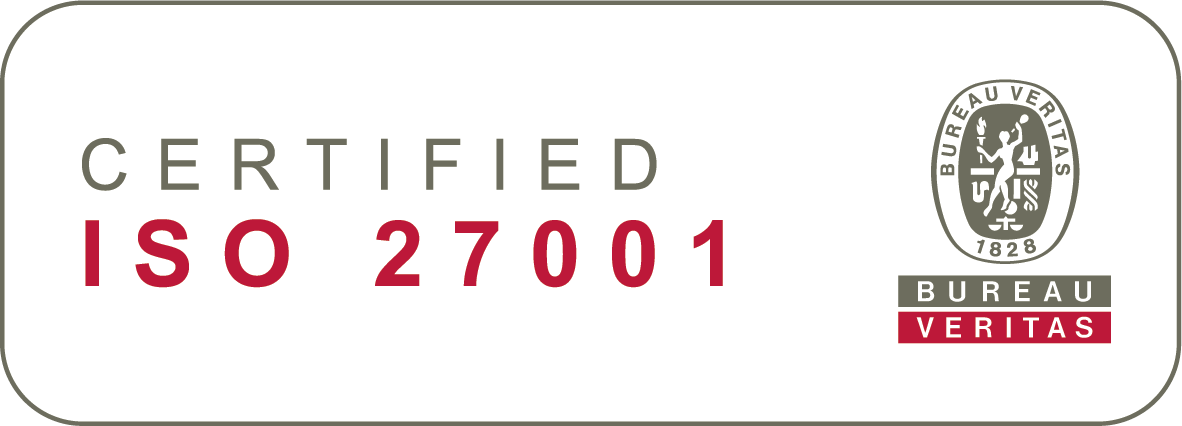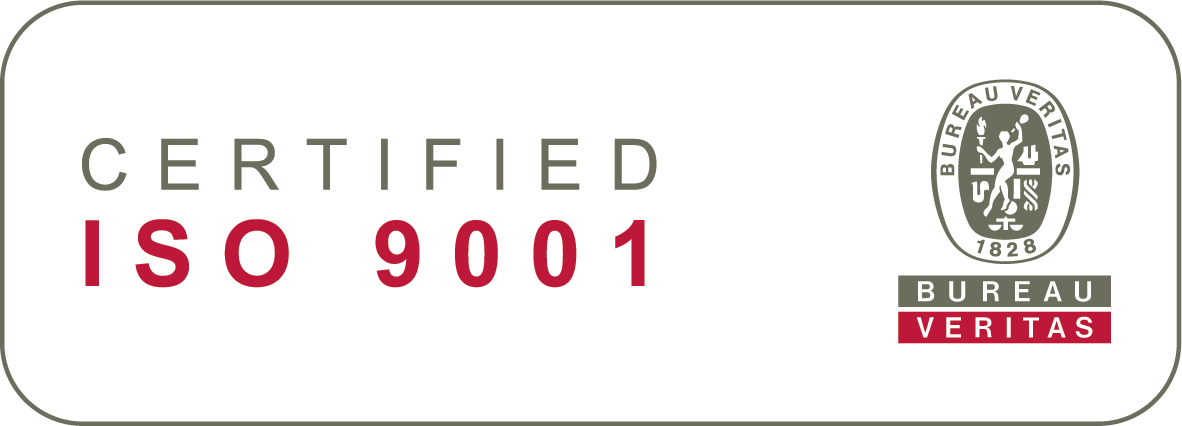Delivering HR excellence in healthcare and welfare
Specialised solutions for healthcare HR teams that streamline induction, training, and qualification management. Simplify workforce management and career planning. All backed up by baked-in quality assurance, safety, and compliance.
- SYMPA
- PRODUCT
- INDUSTRIES
-
HEALTHCARE
Handling complexity in healthcare HR
In no other industry does efficient workforce planning have such a profound impact on the wellbeing of those it serves. That’s why a streamlined HR function that covers everything from comprehensive onboarding programs to continuous training and competence management is vital. Sympa gives you the tools you need to support a diversified healthcare workforce, so they can focus on supporting the people they care for.

Sympa supports healthcare HR teams with:
- Extensive onboarding programmes
- Continuous training and competence maintenance
- License requirements and fixed-term qualifications
- Diversified workforce management, with permanent staff and interns
- Job rotation arrangements and shift work
- Concurrent employment relationships

Keep your people processes flowing
- An HR solution built for healthcare companies
- ISO certified and GDPR compliant
- Employee and manager self-service tools
- Clear overview of multi-site and multi-country employee data
- Simplified, automated HR processes that lower costs and save time
- Powerful reporting – discover key company insights
- User friendly UI that shows the information you need
A system that supports every step of your journey
When your company grows, Sympa will meet your needs. New countries, entities, and languages can be added at any time, and our wide range of local and global integrations ensure that you’ll always be able to optimise your processes the way you like, whenever you like.
Meet the needs of all your locations, everywhere
Sympa adapts to local legislation and is fully GDPR compliant in all countries. Connect Sympa with your favourite local and global tools for a complete view of all your people data in one centralised system.
Trusted by 1000+ organisations in over 100 countries
















Speak to an expert
We’d love to show you how Sympa can help you optimise the entire employee life cycle so you can focus on your people.









